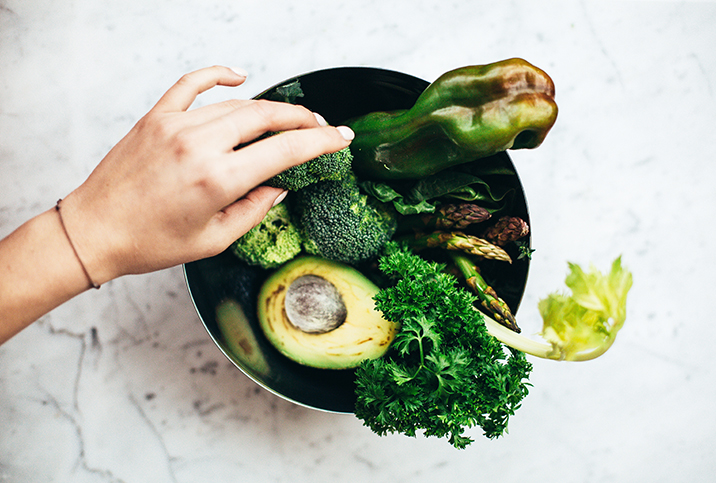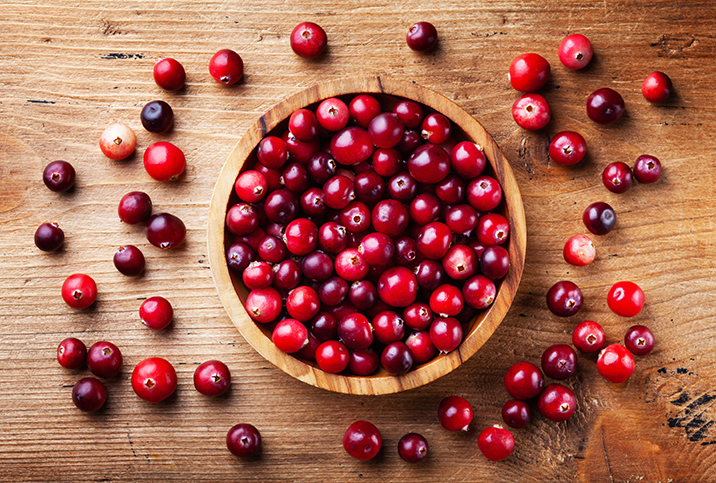Manage Your Endometriosis Pain With These Home Remedies

Endometriosis is a medical condition where endometrial tissue that normally lines the uterus grows on the ovaries, fallopian tubes or intestines. When endometrial tissue grows outside the uterus, it can cause painful periods, pelvic pain, cramping, lower back pain, pain during sex, painful bowel movements and even infertility.
Women with endometriosis all experience it differently. Some women will have severe symptoms while others will have mild ones. For women with milder cases of endometriosis, home remedies can help relieve some of their pain.
1. Over-the-counter pain medications
Over-the-counter (OTC) pain relievers are great for treating endometriosis-related pain. The most popular OTC pain meds are acetaminophen (Tylenol) and nonsteroidal anti-inflammatory drugs (NSAIDS) such as ibuprofen. These drugs work by blocking pain signals in the brain.
For women who experience painful endometriosis symptoms, which can get worse before or during their period, OTC drugs can help. The best way to take OTC drugs for pain is to follow the manufacturer's instructions on the bottle. If you're still unsure about how much of a certain medication you should be taking, you can always call your doctor to double-check.
Over-the-counter meds are ok to take for occasional endometriosis pain, but they shouldn't be taken on a long-term basis. Your doctor can help you find a way to treat endometriosis pain long term.
2. Heat
Heat is great for cramping, pelvic and lower back pain that often come from endometriosis. When your endometriosis flares up, you can apply a heating pad or hot water bottle to the area where you feel pain. Heat works because it helps relax tight and cramping muscles.
If you decide to use heat for your pain, keep in mind hot water bottles and heating pads can burn the skin if direct contact is made. Keeping a thin towel between your hot water bottle or heating pad and your skin will help keep your skin safe and won't affect how the heat works.
3. Pelvic massages
Pelvic massages are a great way to relieve cramping and pelvic pain caused by endometriosis. According to a study published by the U.S. National Library of Medicine National Institutes of Health (NCBI), massage therapy has been proven to reduce menstrual pain caused by endometriosis.
Gently massaging your belly and pelvic area in circular clockwise motions will help break up any scarring caused by endometriosis and relax tight muscles. This can be done multiple times per day, but if you feel any extra pain because of pelvic massaging, then it's best to stop.
4. Turmeric
Turmeric is a spice with an active ingredient called curcumin. Curcumin has antioxidant, anti-inflammatory and anti-angiogenic properties that make it great for treating inflammation. According to a 2020 study published in the International Journal of Molecular Sciences, curcumin has been proven to reduce inflammation and oxidative stress for women with endometriosis.
Although more studies are needed on the relationship between endometriosis and curcumin, research so far suggests adding turmeric to your diet may help reduce the severity of your endometriosis. You might try cooking with it, taking it in supplement form or drinking turmeric tea.
5. Maintaining a healthy diet
Eating a few servings of vegetables today won't immediately cure any endometriosis-related pain you're experiencing, but eating healthy will help your endometriosis in the long run. This is because healthy foods reduce inflammation over time, and endometriosis is associated with high levels of inflammation in the body.
Consuming anti-inflammatory foods on a regular basis will help reduce inflammation levels and improve endometriosis symptoms. Anti-inflammatory foods include fruits, green leafy vegetables, nuts and high-quality fish that contain essential fatty acids. Studies indicate consuming higher amounts of omega-3 fatty acids can lessen the symptoms of endometriosis because fatty acids are converted to prostaglandins in the body, which reduce inflammation.
Eating high-quality fruits, vegetables, nuts and fish might not be enough, though. Avoiding inflammatory foods such as alcohol, sugar, caffeine and fried or processed foods is also important if you want to reduce your flare-up of symptoms.
If you want more information about how you should be eating to help treat your endometriosis, ask your doctor or OB/GYN. Naturopathic doctors are also great if you want a more natural approach to treating your endometriosis.
















